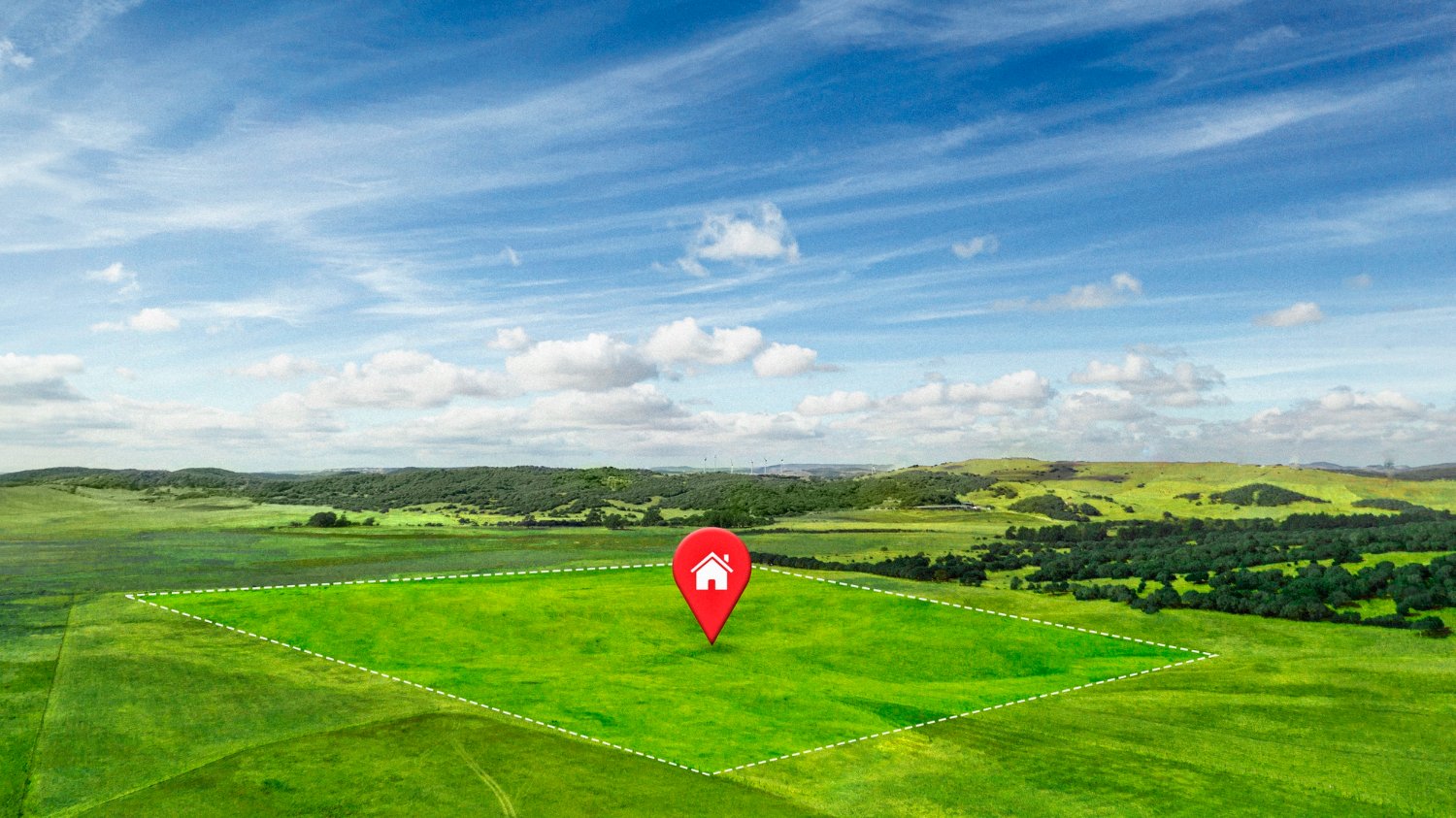In the world of property ownership, there are many terms and legal distinctions that define the extent of your rights. One such term that often causes confusion is “allodial title.” While it may sound technical, the concept is deeply rooted in history and has a significant impact on how we understand true ownership.
What Is Allodial Title?
At its core, an allodial title represents the highest form of property ownership. When land is held allodially, it means the owner has absolute and independent ownership, free from any superior landlord, government obligations, or feudal duties. There are no taxes, liens, or external claims on the property. The owner has full control, with no strings attached.
This is different from most property ownership structures in modern societies, where governments typically retain ultimate control through taxation and regulation. For example, even if you own a home outright, you’re still required to pay property taxes and follow zoning laws. That’s not the case with allodial ownership.
Historical Origins of Allodial Title
The term “allodial” comes from ancient European law, particularly in feudal times. Back then, most land was held in a feudal relationship, meaning the landholder was subject to a higher authority—usually a king or noble—in exchange for protection or military service.
However, in some cases, land could be held without any obligations. This was known as an “allodium” or “allodial land.” The owner had no duties to a lord or monarch. In effect, the land was completely independent, which made allodial title a rare and valuable form of ownership.
Allodial Title in Modern Times
Today, true allodial title is extremely rare, especially in countries with centralized governments. Most modern landownership falls under systems like fee simple, which grants strong rights to owners but still comes with certain limitations—such as taxes or eminent domain (the government’s right to take land for public use).
However, some regions and jurisdictions still reference the idea of allodial title, either as a legal concept or as part of specific property laws. In very limited situations, landowners may be able to obtain a form of allodial title through specific legal channels, but this is usually subject to strict conditions and is not commonly accessible.
Allodial Title vs. Fee Simple Ownership
It’s important to understand how allodial title differs from fee simple, which is the most common form of property ownership in many countries, including the United States and the UK.
- Fee Simple: This gives the owner the right to use, sell, lease, or pass the property on to heirs. However, the land is still subject to government laws, taxes, and potential seizure.
- Allodial Title: This implies absolute ownership. No taxes, no zoning restrictions, and no risk of losing the land to the government under eminent domain. It is considered sovereign ownership.
While fee simple provides most of the benefits of ownership, it is not entirely unrestricted. Allodial title, in contrast, offers complete independence but is almost nonexistent in practical terms today.
Can Individuals Claim Allodial Title?
In theory, some believe that it’s possible to convert property into an allodial title by paying off all debts and applying for recognition from a government body. However, in reality, most governments do not allow individuals to hold true allodial title. Even if you pay off your mortgage, you still owe taxes and must comply with local property laws.
There have been rare instances in certain U.S. states where laws once allowed for something close to allodial ownership, but those laws have often been repealed or limited in scope. Most claims today that promote the idea of obtaining an allodial title are either misleading or based on outdated interpretations of the law.
Why the Concept Still Matters
Even though true allodial title is mostly a historical concept, it still carries symbolic and legal weight. It raises questions about property rights, personal sovereignty, and the extent of government power. In debates over land reform, taxation, and civil liberties, the idea of allodial ownership often surfaces as a theoretical ideal.
For property owners, understanding the difference between full ownership and regulated ownership can also influence decisions about buying, selling, or investing in land.
Common Misunderstandings
A number of myths surround the concept of allodial title, especially online. Some websites and groups claim that you can free your property from taxes or government interference by declaring it allodial. In truth, there is no legal shortcut that bypasses local or federal property laws. Attempting to do so may lead to legal trouble or loss of property rights.
It’s essential to approach such claims with caution and seek professional legal advice before taking any action related to land titles or ownership changes.
Final Thoughts
The idea of allodial title appeals to the desire for complete freedom and control over one’s property. While it may not be achievable in modern legal systems, understanding what it represents can help property owners better navigate the complexities of real estate and land law.
Though you may not be able to claim an allodial title today, knowing your rights—and the limits of those rights—is a powerful step in making informed decisions about your land and home.

